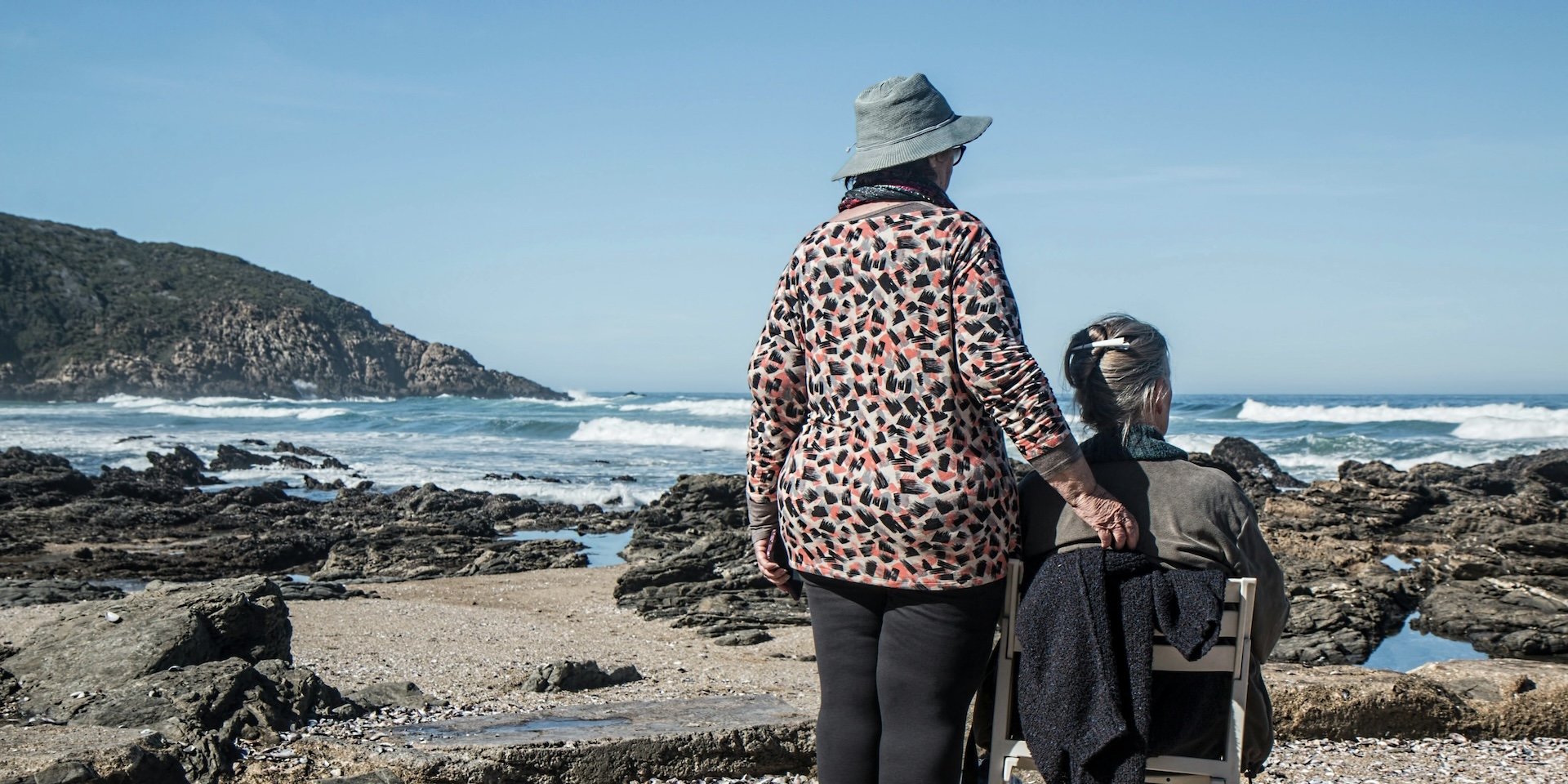“I Don’t Need Help”: Why First-Time Care Can Be the Hardest Step

Accepting help at home can be difficult - even when it’s clearly needed. At Gladys, we’ve seen how emotional this transition can be for older adults and their families. Understanding why someone might resist care is the first step toward helping them feel supported, respected, and empowered.
Here’s why some people struggle to accept care - and how to navigate those conversations with compassion and confidence.
1. Loss of Independence and Identity
For many older adults, asking for help feels like losing part of who they are. Independence, privacy, and self-sufficiency are deeply tied to identity - so accepting care can feel like giving up control.
Studies have shown that many people view receiving home care as a loss of autonomy or dignity. When support involves personal tasks such as bathing or dressing, it can feel even more intrusive.
At Gladys, we remind families that care isn’t about taking over - it’s about supporting independence. The right carer helps people live safely and confidently in their own homes, preserving the routines and freedom they value most.
2. Fear of the Unknown
If someone has never received home care before, the idea can feel overwhelming. They may picture strangers entering their home or imagine care as something clinical and restrictive.
This fear often stems from misunderstanding. Reassure your loved one that modern home care is personal, flexible, and led by their choices. With Gladys, families can meet and choose their carer, ensuring comfort and trust from the very beginning.
3. Denial and Cognitive Decline
Sometimes, resistance to care comes from not fully recognising one’s own needs. Conditions like dementia or mild cognitive impairment can make it hard to see changes in daily ability or memory.
The Alzheimer’s Society reports that 1 in 3 people living with dementia delay seeking support, often because they don’t recognise the symptoms or feel anxious about what it means.
In these cases, patience, reassurance, and professional guidance from a GP or care professional can make all the difference.
The Emotional Impact on Families
When a loved one refuses care, families often find themselves caught between worry and guilt. It’s painful to watch someone struggle - especially when safety or wellbeing is at risk.
“I lie awake worrying she’ll fall again.”
“He’s not taking his medication - but won’t let anyone help.”
“Mum shouts at carers and tells them to go away.”
This emotional strain can lead to caregiver burnout. According to Carers UK, over 70% of unpaid carers feel overwhelmed, with emotional conflict being one of the biggest stress factors.
At Gladys, we see every day how much families care - and how important it is to have the right support in place, not just for the person receiving care, but for those giving it too.
Strategies for Overcoming Resistance
You may not change someone’s mind overnight - but small, thoughtful steps can build understanding and trust over time.
1. Start Small
Begin with light-touch support, such as help with shopping or companionship visits. This can ease the transition and show that care doesn’t have to mean losing control.
2. Reframe Care as Independence
Explain that home care is a way to stay independent, not a sign of weakness. A little help now can prevent bigger issues later - allowing them to remain at home safely for longer.
Use empowering language like:
“You’ve always valued your independence - this is how we keep it that way.”
3. Choose the Right Time and Person
Timing matters. Have conversations when your loved one feels calm and heard - not during stressful moments. Sometimes, it helps if the suggestion comes from a trusted professional such as a GP or community nurse.
4. Listen First
Often, resistance comes from fear, shame, or anxiety about change. Let your loved one express their feelings without judgement. Listening deeply builds trust and helps them feel respected, not pressured.
When It’s Time to Step In
There may come a point where safety outweighs independence. If someone can no longer manage essential daily tasks or is at risk of harm, it’s time to seek formal support.
If you’re unsure where to start:
- Speak to their GP or local adult social care team
- Request a care needs assessment through your local council
- Ask about memory or capacity assessments if cognitive decline is suspected
- Reach out for safeguarding advice if you’re worried about safety
How Gladys Can Help
At Gladys, we know the first step is the hardest. That’s why our approach to home care is gentle, flexible, and deeply personal.
We:
- Match clients with local, trusted carers based on shared values and personalities
- Offer low-commitment, flexible visits - even starting with just an hour a week
- Support families with ongoing advice and emotional guidance
- Focus on building long-term relationships, not rushed care routines
Sometimes, the key isn’t convincing someone to accept care - it’s finding the right person to make it feel natural and safe.
If you’re supporting a loved one who’s unsure about care, Gladys is here to help. We work with families across Bath, Bristol, Wiltshire, Dorset, and Hampshire, connecting them with local carers who make care feel like companionship.
👉 Learn more about how Gladys can help your family.
Useful Resources
- Alzheimer’s Society (2020). Dementia and Help-Seeking. alzheimers.org.uk
- Carers UK (2022). State of Caring Report. carersuk.org
- Godfrey, M., Townsend, J., & Denby, T. (2012). Older people’s experiences of home care. Health & Social Care in the Community.
- NHS England. Care and support needs assessments. nhs.uk
- Age UK. Advice on care at home. ageuk.org.uk

